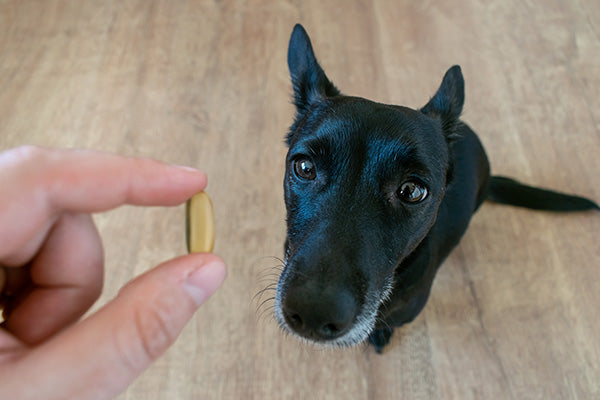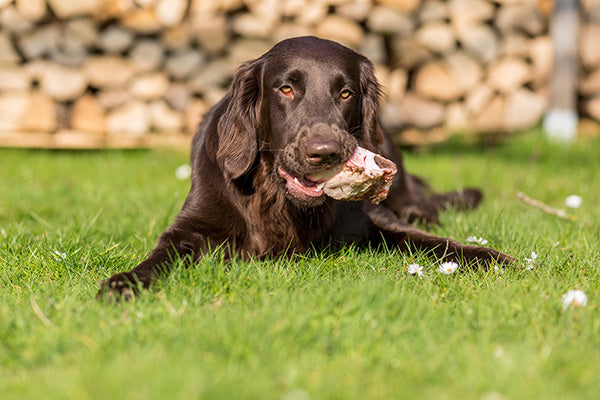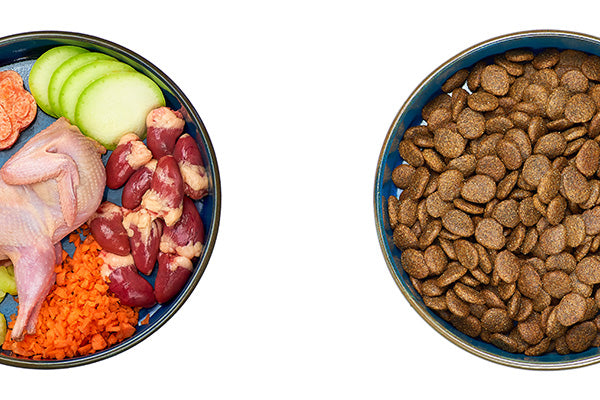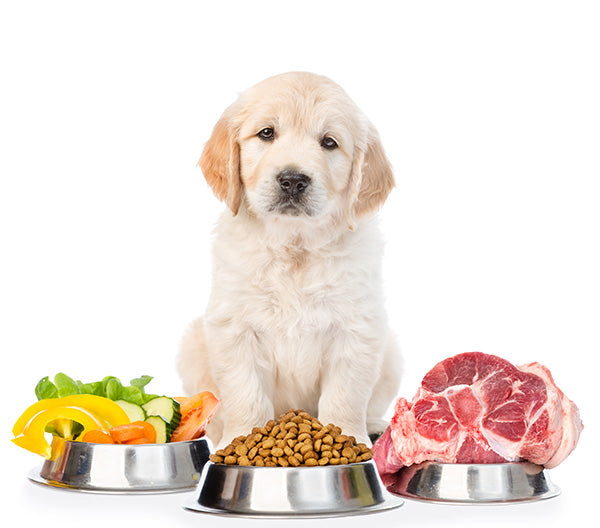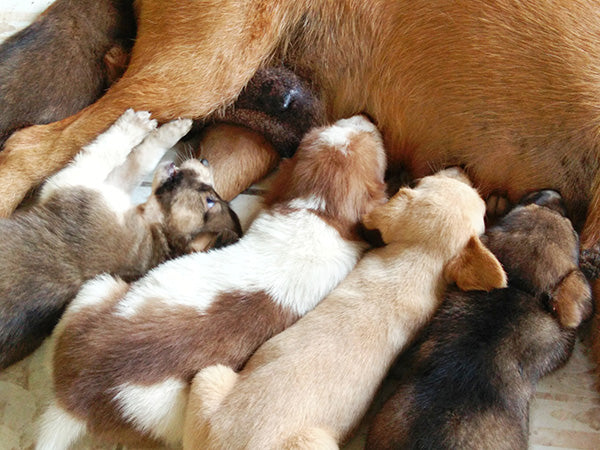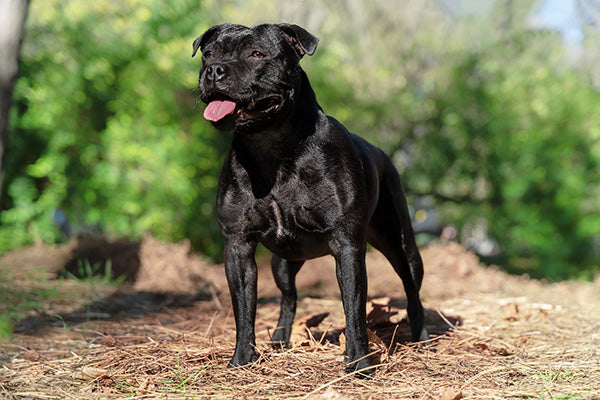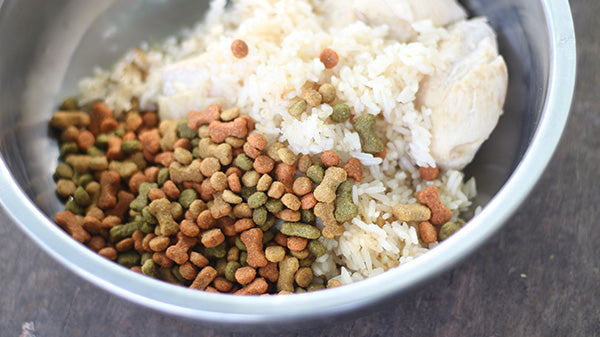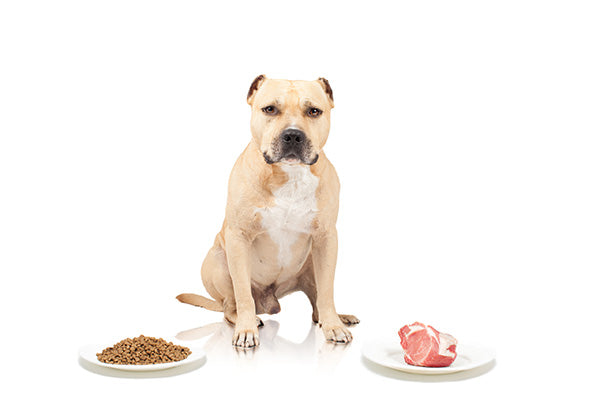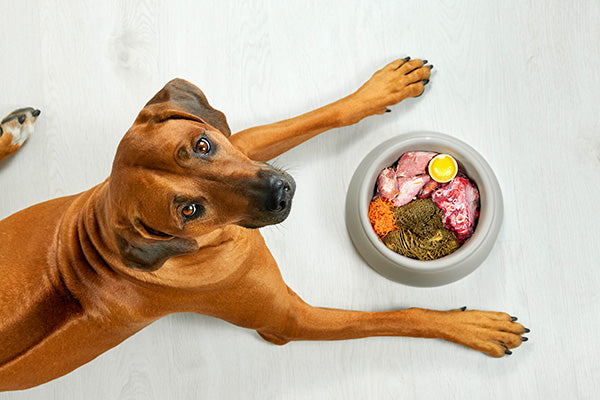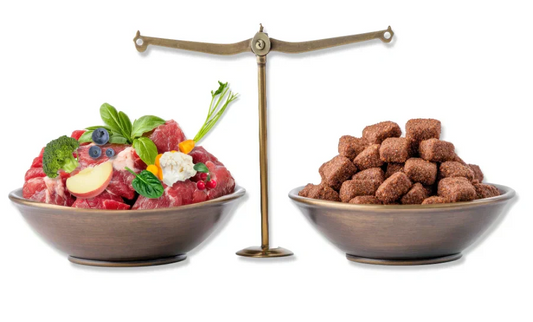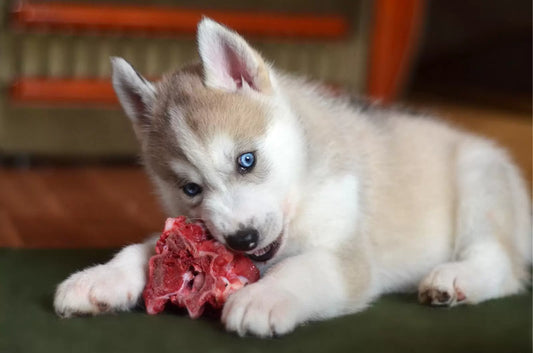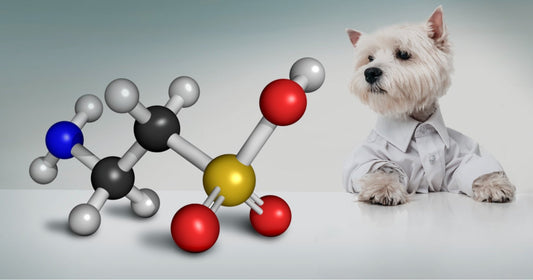Scientific research on raw food vs kibble.
In the video above, Dr. Anna Hielm-Björkman explains how DogRisk conducted research into raw dog food vs. kibble.
She also shows you the astonishing results.
For questions and advice, please contact our nutrition center.
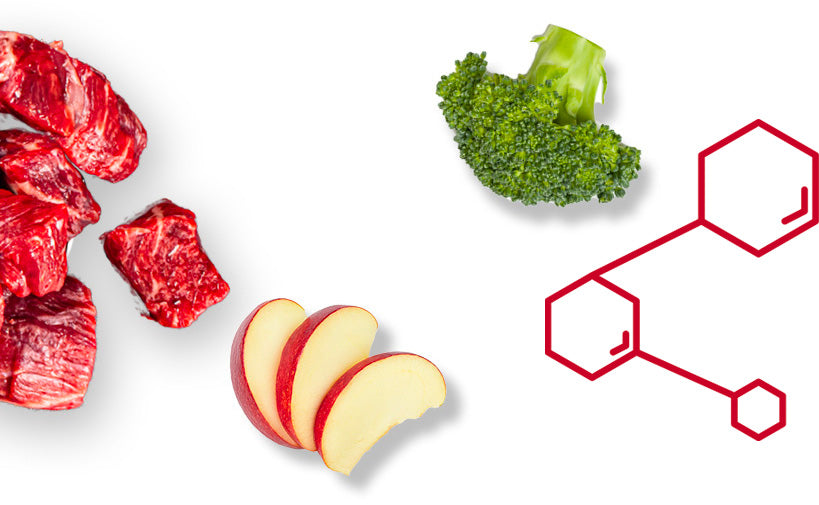
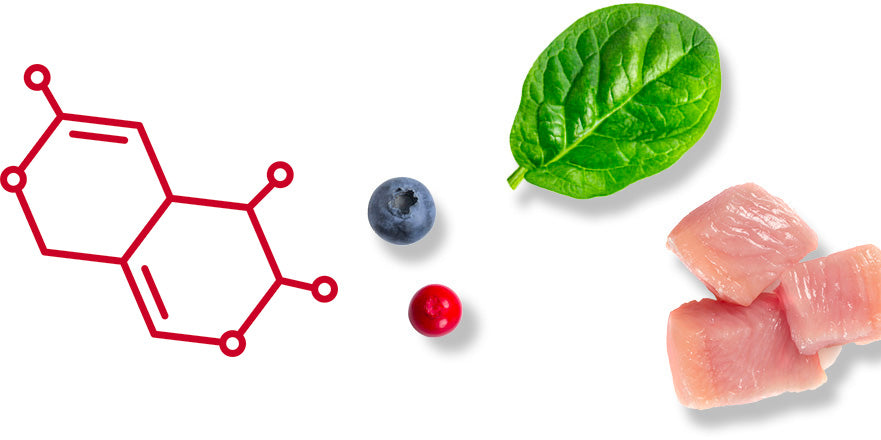
Nutrition Center
Dogs need the right nutritional values for a longer healthy life. To achieve this, at Wolfork we work with the finest specialists in the field of dog food.

After studying Biology at the Åbo Academy, Mikael worked as a nutritional scientist at the National Institute of Animal Science in Finland. Mikael obtained his PhD Nutrition & Feed Quality at the Royal Veterinary and Agricultural University in Copenhagen. Since 1994, Mikael has been professionally involved full-time with raw animal nutrition.

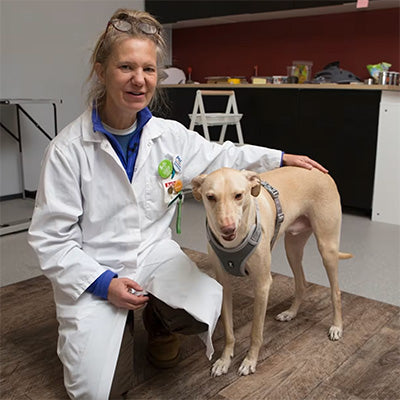
Anna works full-time in the Department of Small Veterinary Medicine at the University Animal Hospital of the Faculty of Veterinary Medicine, University of Helsinki in Finland. Anna leads DogRisk , a leading and independent research team that focuses entirely on the nutrition and health of dogs.
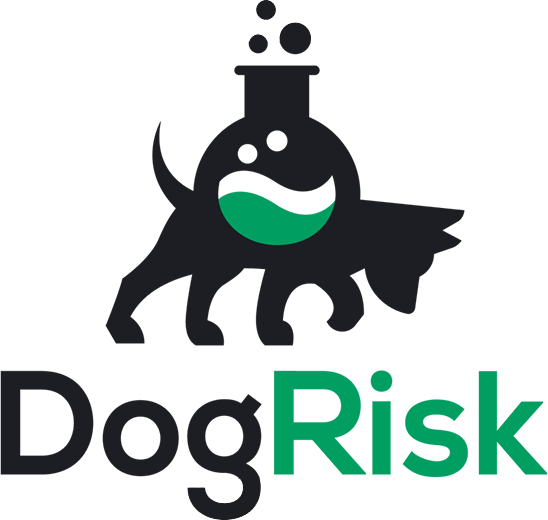
Watch video
Dog Risk
research
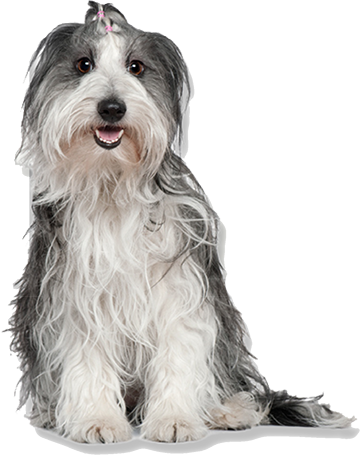
Scientific research on raw food vs kibble.
In the video above, Dr. Anna Hielm-Björkman explains how DogRisk conducted research into raw dog food vs. kibble.
She also shows you the astonishing results.
For questions and advice, please contact our nutrition center.
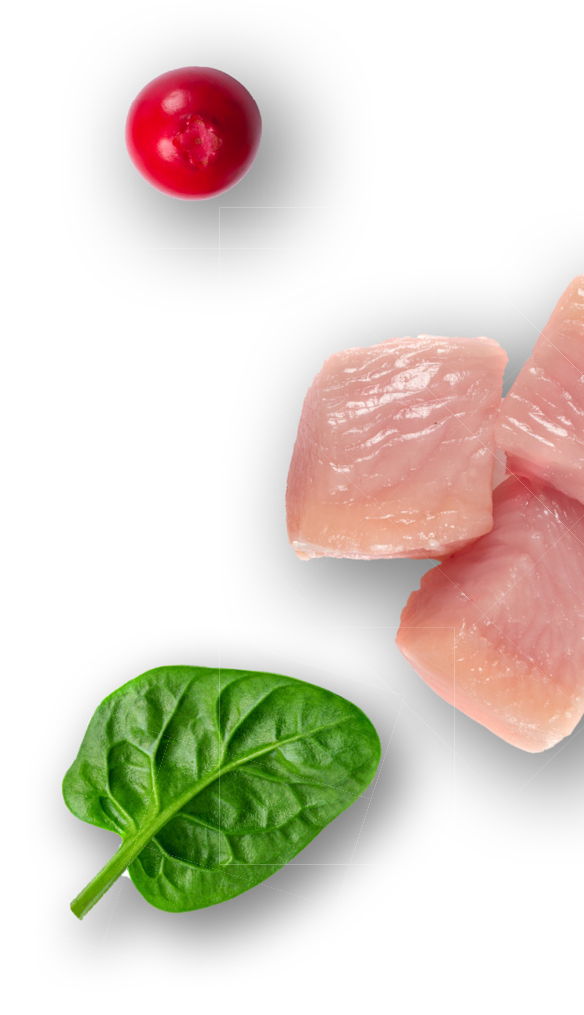
Wolfork vs other food
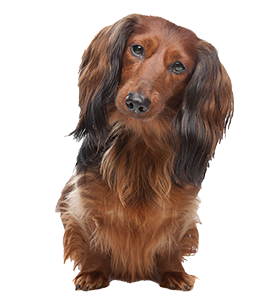

|
Boiled / Steamed | Premium Kibble | |
| Complete meal |
|
|
|
| No artificial fragrances & flavors |
|
|
|
| No preservatives |
|
|
|
| >88% meat |
|
|
|
| No fillers (grains, rice, corn) |
|
|
|
| No synthetic vitamins and minerals |
|
|
|
|
Not heated / highly processed (Maintaining essential nutrients) |
|
|
|
Knowledge base
A lot of research has already been done into the effect of raw dog food on the health of dogs. Below are a number of scientific articles that we would like to share with you.
Blog
View all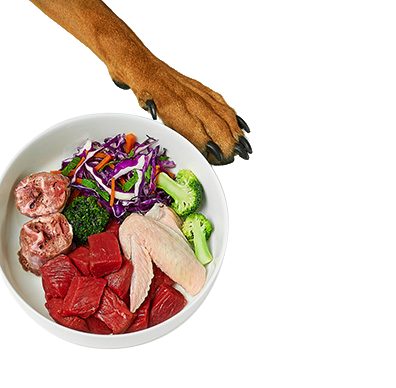
Myths & Facts
Myth: Raw meat is dangerous for my dog
Fact: Raw meat is in principle not dangerous for a dog. The dog's digestive system is designed to eat raw meat. Precisely because the food is raw, all nutrients are maximally absorbed, unlike heated products. We regularly test for Salmonella and E. Coli and have a strict food safety plan.
Myth: Raw meat is dangerous for me
Fact: Most people come into contact with raw meat every day when they prepare their own meals. If you treat Wolfork meals in the same way as you handle your own meals, raw meat is not dangerous to humans. Wash your hands carefully and clean all materials used to prevent contamination. It is good to know that Wolfork only uses ingredients that come from slaughterhouses where animal products suitable for human consumption are processed.
Myth: Dogs become aggressive from eating raw meat
Fact: There are no studies or (scientific) evidence that shows that dog behavior is negatively affected by eating raw meat. In fact, we are convinced that your dog will be more balanced and have more energy when fed raw food.
Myth: A dog is more likely to get worms if he eats raw meat
Fact: A dog can become infected with worms by eating raw meat. However, this only happens if the food is not inspected or not handled or prepared properly. Raw dog food from accredited companies such as Wolfork is therefore usually not directly related to a possible worm infestation.
Myth: Eating bones is dangerous for dogs
Fact: When bones are heated, there is an increased risk of splintering and this is indeed dangerous for dogs. However, raw bones do not splinter and can therefore be consumed by dogs. This also applies to puppies. Bones are a natural source of calcium, phosphorus, vitamins, fatty acids and minerals. This makes them an essential part of a dog's diet.
Myth: Puppies and adult dogs can eat the same raw food
Fact: A dog matures in one to two years. They grow very quickly during this period. A growing puppy therefore has different nutritional needs than an adult dog. Wolfork offers various recipes for puppies and adult dogs, so that your dog receives the right nutrients at every stage of life.
Myth: It takes a lot of time to feed a dog a raw diet
Fact: Some people are aware of the benefits of a raw diet for their pet, but are held back by the idea that it takes a lot of time to prepare the dog food. However, this is a shame, because it does not have to be much more complicated than feeding chunks or wet food. At Wolfork we try to make it as user-friendly as possible to feed your dog a raw diet. Our meals are delivered frozen, so you only have to thaw a portion every day. It can be that simple to feed your dog a raw diet.
Myth: Picky eaters don't eat raw dog food
Fact: A dog sees the world through its nose. Scent is therefore extremely important for a dog. Raw food has the pure smell of natural ingredients and this arouses curiosity and interest in most dogs. We know from experience that fussy eaters are often more enthusiastic about raw food.
Myth: My dog is too old to switch to a raw diet
Fact: A dog is never too old to switch to raw food. Older dogs benefit from good nutrition, because their diet must provide extra support in promoting mobility, joints, overall health and digestion. Wolfork has special senior food that exactly meets the needs of older dogs.
Myth: My dog is too young for raw meat
Fact: Once a puppy is allowed to eat solid food (starting at 3 to 4 weeks of age), they will benefit from raw dog food. Puppies and young dogs need the right nutrients to grow and develop. Wolfork Puppy dog food has been specially developed to meet the nutritional needs of young dogs.
Myth: Only a select few dog breeds can eat raw meat
Fact: Raw dog food can be tailored to suit all types and sizes of dogs. Every dog breed benefits from a raw diet because the nutrients are present in their purest form.
Myth: Vets do not recommend raw dog food
Fact: Many veterinarians are afraid that when people start preparing raw meat meals themselves, the dog will not get all the necessary nutrients. This can cause shortages that ultimately lead to problems. We understand this concern and that is why Wolfork dog food has been carefully formulated by nutritional scientists. This way you can be sure that your dog gets all the necessary nutrients every day.
Myth: Calcium deficiency is a common problem in dogs that eat raw food
Fact: This is only the case if a dog eats pure raw meat. Raw meat alone is not a complete meal. Wolfork meals contain finely ground bone to meet the necessary calcium needs.
Myth: Kibble cleans dogs' teeth
Fact: Chunks are full of unnecessary carbohydrates and sugars that actually cause plaque to form and build up further. Raw food contains virtually no carbohydrates and sugars, which means that virtually no plaque is formed. Prevention is better than cure!
Myth: Dogs need grain
Fact: Grain is one of the most common allergens for dogs. Dogs do not benefit from grain, because they have a low carbohydrate requirement. The dog's digestive tract is specifically designed to digest animal proteins and fats. They can digest starchy foods to some extent, but this should by no means be the main component of the diet.
Myth: Raw meat contains too many calories for neutered dogs
Fact: A dog's hormone balance changes when he or she is neutered. This means they need less energy. When drawing up nutritional advice, we take into account whether a dog has been neutered or not. Your dog will not consume an excessive amount of calories with Wolfork dog food.

